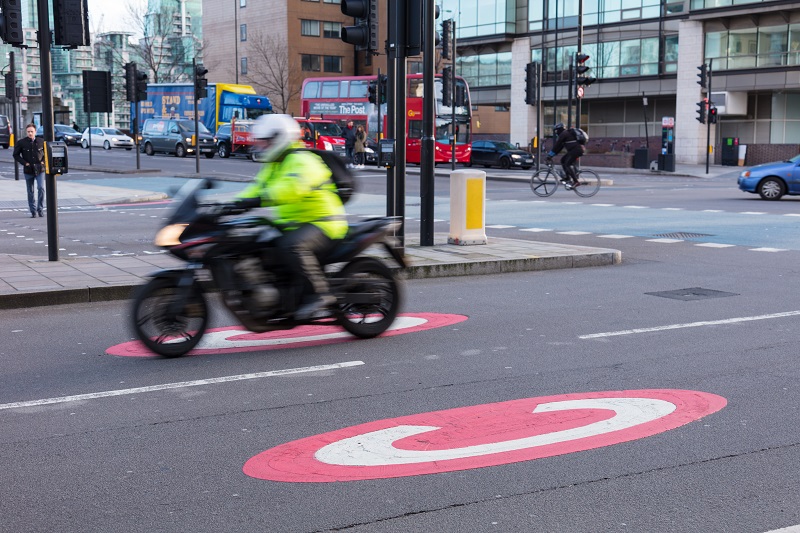
Image: TfL
The introduction of the Congestion Charge in 2003 “sparked something of a quiet revolution in transforming the ways that Londoners get around the Capital”.
That was the assessment of Seb Dance, deputy mayor for transport, amid the celebrations of the scheme’s 20th anniversary.
Introduced on 17 February 2003, the Congestion Charge aimed to reduce pollution and traffic in central London.
Data shows that its introduction:
- Limited traffic entering the zone by 18% during weekday charging hours
- Reduced congestion by 30%
- Boosted bus travel in central London by 33%
- Enabled 10% of journeys to switch to walking, cycling and public transport
In addition to these immediate impacts, TfL says the Congestion Charge has helped reduce the trend of worsening congestion that other cities have seen.
Analysis shows there would have been three million additional journeys by car across London in 2019 without the changes introduced to encourage more sustainable travel patterns over the last couple of decades, of which the Congestion Charge was a ‘critical first step’.
Money raised from the Congestion Charge has also been used to help Londoners get from A to B by more environmentally friendly ways, with increases in buses and reallocation of road space.
This has included delivering improved facilities for people walking and cycling, like protected cycle lanes.
Seb Dance said: “The introduction of the Congestion Charge in 2003 – the first of its kind – sparked something of a quiet revolution in transforming the ways that Londoners get around the capital.
“The steep and immediate impact the charge had on both congestion and the environment paved the way for further transport innovation in London. 20 years later and London is still proving itself to be the trailblazer.”
Christina Calderato, TfL’s director of strategy and policy, said: “The Congestion Charge was world leading when it was introduced 20 years ago and it has been essential in changing the way people travel in the Capital.
“It has resulted in a significant shift away from people using private cars to more environmentally friendly forms of transport.
“It plays a vital role in supporting the Capital’s economy, making central London a more attractive place to visit and the roads run more efficiently. Without it, business and the capital’s economy would suffer more from the costs of congestion.”
21 February 2023
